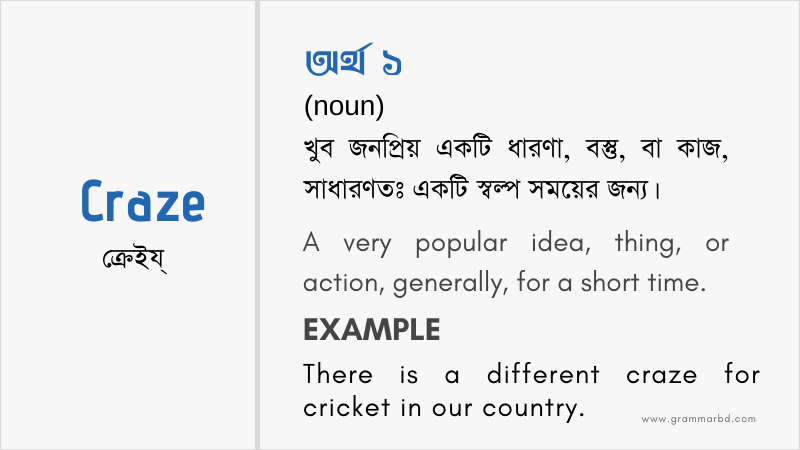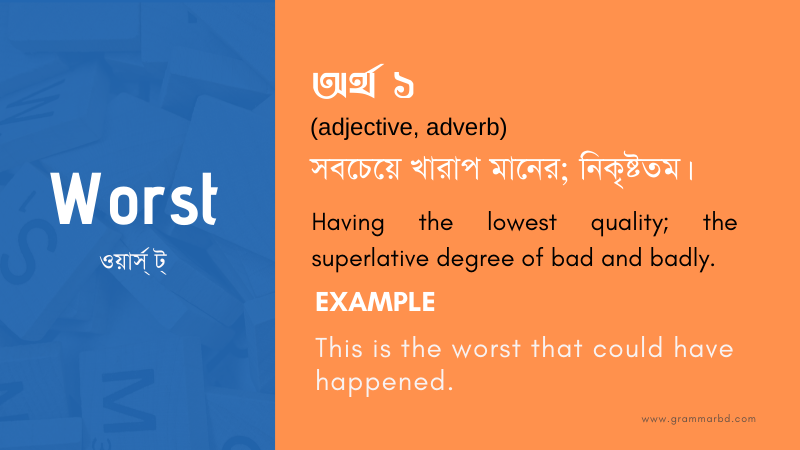

bascula nokia debauch- Meaning in Bengali - HinKhoj English Bengali Dictionary WebWhat is debauchery meaning in Marathi? The word or phrase debauchery refers to a wild gathering involving excessive drinking and promiscuity.
Subvert meaning in bengali free#
Communicate smoothly and use a free online translator to translate text, words, phrases, or documents between 90+ language pairs. Taken together, the texts span a period of over sixty years (the oldest story was published.Debauch meaning in marathi English to Afrikaans Meaning of debauch - boemelen WebMost Popular Phrases in English to Marathi. The texts, by writers as diverse as Tagore, Fuentes, Rulfo and Tanpinar, vary enormously in all sorts of ways: some are comic, others bleak and tragic some of the fictional ghosts try to help, others are malevolent in some texts a rational observer is visible and assertive, in others they are almost absent. In almost all of these stories, the protagonist is eventually absorbed into his haunted environment. Each of the six stories we are looking at involve a haunted structure or place, and a male protagonist who either has a relationship with the ghost or becomes a ghost himself. In this essay, we are going to examine a very specific formula of ghost story, one which appears and re-appears across all three literatures.


In some texts, a struggle takes place as two different temporalities vye for control of the same building or person in others, the two worlds merge and overlap harmoniously, content to mirror one another without intruding to the point of primacy.

Two worlds, two times, bump into one another, sometimes antagonistically, sometimes collaboratively. One reality interrupts another, one musical performance disturbs another already in play. (3)Ī ghost story is usually about an interruption. Without denying that some consideration of Europe will have to be involved in any treatment of imperialism or parallel modernities-even Chakrabarty's Provincializing Europe devotes its first four chapters to a discussion of Marx-trying to look at what a certain kind of ghost story means in Mexican, Turkish and Bengali fiction might help to re-configure a different set of parameters from those at present. The fact that for many Western specialists, a center-periphery approach (where the Western tradition is used to anchor comparative forays into the non-Western) still enjoys a degree of primacy (2) underlines the value of reading across non-Western cultures without necessarily having to travel through London, Paris or New York. This essay suggests a South-South-South approach as one possible means of redressing this imbalance, and structures of haunting and spectrality as an ideal lens through which to embark upon a re-centered comparativism. Present anthologies provide an even more bitter taste: the 2013 edition of Norton Anthology of World Literature allots just over 500 of its 1800 pages to non-Western literatures (in a world where non-Western countries make up 90% of the planet). Past anthologies are disappointing: Queneau's three-volume history of literature (1958), which gave India and China two hundred and seventy pages in the final volume, or Hans Meyer's Weltliteratur, which made no mention of non-European literature at all (Fokkema 1290-91). As far as anthologies go, these allegations are difficult to deny. Whatever one understands by the term "World Literature"-whether it is a pedagogy (Damrosch), a new period of fiction, a school of theory (Moretti 55) or a global franchise (Apter 17)-the allegations of Eurocentrism or an overtly Western-centered approach leveled against it continue to grow.


 0 kommentar(er)
0 kommentar(er)
